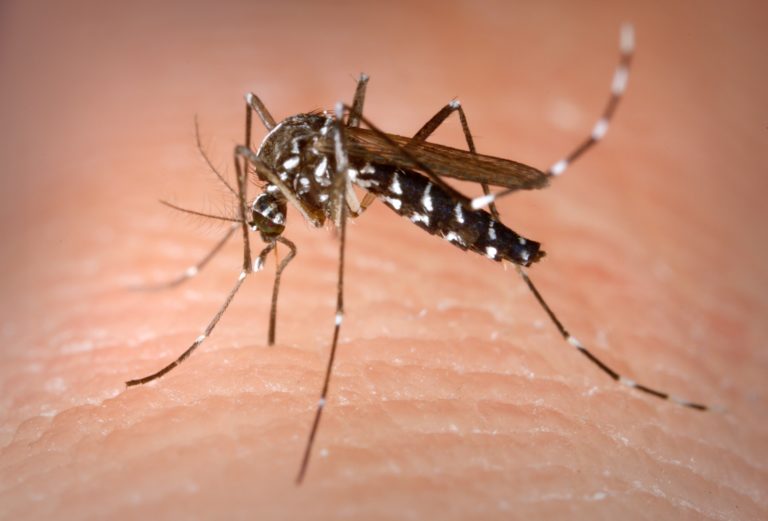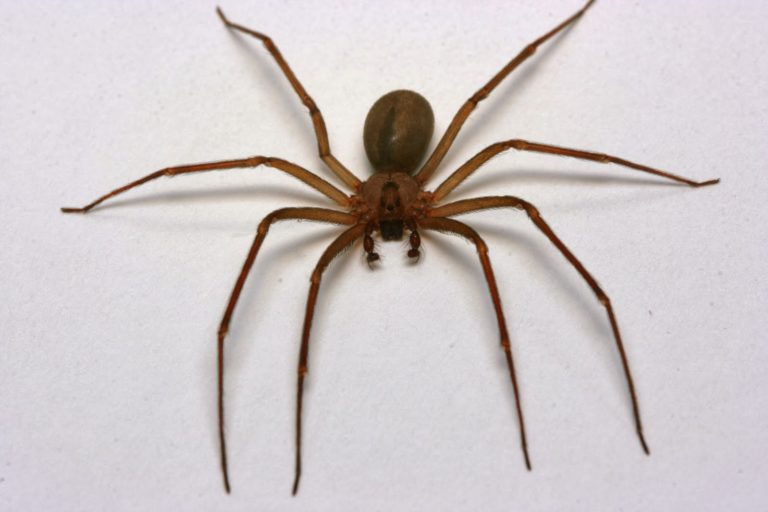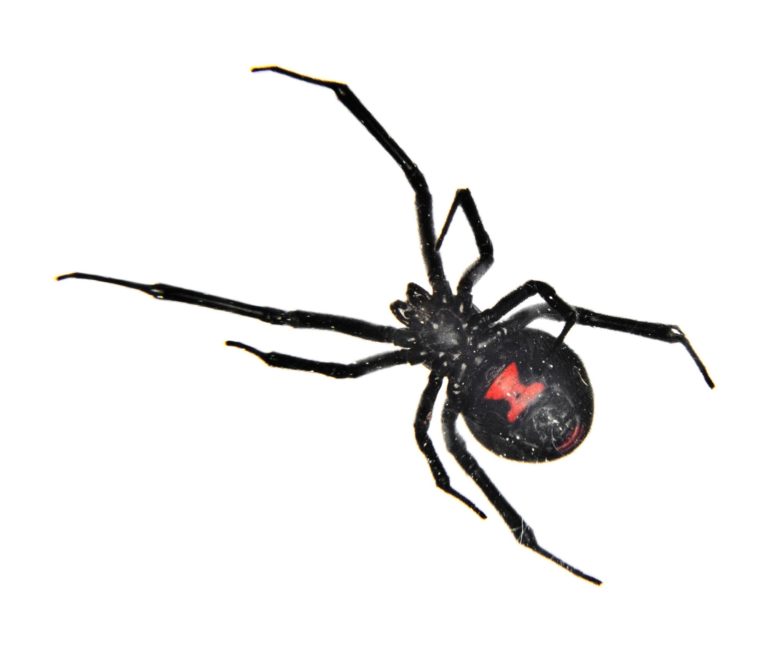Ticks: This season is shaping up to be a very active season for ticks. Last year, there were over 250 cases of tick-borne illnesses, the most common being Lyme disease. Lyme disease may affect the nervous system, thinking abilities, and memory, as well as other physical symptoms. They tend to be found on high grass, low brush or shrubs, where they can easily jump on a passing animal or human.

Mosquitoes: Did you know there are over 3,000 (176 recognized in the United States) species of mosquitoes, but only a handful of those species actively hunt humans? And even then, only female mosquitoes feed on blood? Over one million people worldwide die from mosquito-borne diseases every tear, from over 17 different types of diseases. The common symptoms resulting from a mosquito bite are red bumps and itchy skin, which is actually your body’s reaction to the mosquito’s saliva. Mosquitoes are commonly found in hot, humid environments, but can generally be found in warm weather.

Brown Recluse and Black Widow Spiders: While both spiders are poisonous, neither are aggressive. Brown Recluse bites tend to go unnoticed for the first few hours. Some symptoms associated with a BR bite are severe pain and itching, nausea, fever, and muscle pain. The poison from a Black Widow affects the nervous system of humans. Immediately after a bite, one may feel severe pain, burning, swelling, and redness at the site, as well as other symptoms.


Other insects to also be aware of are honeybees, chiggers, wasps, and red fire ants.
Some tips to prevent insect bites, published by North Shore University Health System:
- Don’t apply perfumes and avoid the use of scented soaps. The sweet scents of soaps and perfumes attract some insects.
- Stay away from stagnant water and heavily wooded areas. Insects, especially mosquitoes, congregate around pools of water. Deer ticks, which carry Lyme disease, are more likely to be in areas with lots of trees and brush.
- Avoid wearing bright clothing. Bright flowery prints also attract insects, including honey bees and hornets.
- Check DEET concentrations on insect repellents before use. Higher concentrations of DEET protect for longer lengths of time. Choose a concentration based on how long you need to protect yourself. Repellents containing DEET should not be used on children younger than six months old and be sure to avoid contact with your mouth and eyes.
- Dress appropriately if you plan to be in a wooded or grassy area. Pants and long sleeves are best and are an excellent way to limit your skin exposure. Once you’re back inside it’s a good idea to shower. Not only will this wash away the repellent, but it may also wash away any ticks that haven’t yet latched onto your body. You’ll also want to be sure to check your entire body thoroughly for ticks (especially your ears, waist, head, belly button, arms, and legs).
- Resist walking barefoot in the grass. Bees can often be on the ground and this will help you avoid being stung. It’s also wise to avoid perfumes and bright colors, as these may attract bees.
- Treat your bites. If you do get bitten and develop a bite that is red or raised try: 1) applying an ice pack for 10-15 minutes 3-4 times a day and 2) taking Benadryl for itching will both provide symptomatic relief from the local insect bite reaction. Bites rarely develop into a skin infection (cellulitis), but this usually takes several days. If there is any question, call your doctor to have it evaluated.
- Know the signs of having a potentially dangerous anaphylactic (rapidly progressing allergic) reaction to a bite. Reactions are most commonly associated with stings by bees, wasps or hornets. Hives, swelling (of the face, eyes, tongue, and lips), throat tightness, difficulty breathing, vomiting or feeling faint/lightheaded are all signs of potentially dangerous anaphylaxis, and you should contact your doctor immediately or call 911.
- Be sure to pay attention to your pets as well. Many of these insects will prey on household animals.

